Diseases and Conditions › Blood Pressure › How to Prevent High Blood Pressure?
Everyone regardless of race, age, sex, or heredity -- can help lower their chances of developing high blood pressure. Here's how:
1) Maintain a healthy weight, and lose weight if you are overweight.
2) Be more physically active.
3) Choose foods lower in salt and sodium.
4) If you drink alcoholic beverages, do so in moderation.
These rules are also recommended for treating high blood pressure, although medicine is often added as part of the treatment. It is far better to keep your blood pressure from getting high in the first place.
Another important measure for your health is to not smoke. While cigarette smoking is not directly related to high blood pressure, it increases your risk of heart attack and stroke.
1) Maintain a Healthy Weight, and Lose Weight If You Are Overweight.
As your body weight increases, your blood pressure rises. In fact, being overweight can make you two to six times more likely to develop high blood pressure than if you are at your desirable weight. Keeping your weight in the desirable range is not only important to prevent high blood pressure but also for your overall health and well-being.
It's not just how much you weigh that's important: It also matters where your body stores extra fat. Your shape is inherited from your parents just like the color of your eyes or hair. Some people tend to gain weight around their belly; others, around the hips and thighs.
"Apple-shaped" people who have extra fat at the waist appear to have higher health risks than "pear-shaped" people with heavy hips and thighs.
No matter where the extra weight is, you can reduce your risk of high blood pressure by losing weight. Even small amounts of weight loss can make a big difference in helping to prevent high blood pressure. Losing weight, if you are overweight and already have high blood pressure, can also help lower your pressure.
To lose weight, you need to eat fewer calories than you burn. But don't go on a crash diet to see how quickly you can lose those pounds. The healthiest and longest-lasting weight loss happens when you do it slowly, losing 1/2 to 1 pound a week. By cutting back by 500 calories a day by eating less and being more physically active, you can lose about 1 pound (which equals 3,500 calories) in a week.
2) Be More Physically Active.
There's more to weight loss than just eating less. Another important ingredient is increasing physical activity, which burns calories. Cutting down on fat and calories combined with regular physical activity can help you lose more weight and keep it off longer than either way by itself.
Besides losing weight, there are other reasons to be more active: Being physically active can reduce your risk for heart disease, help lower your total cholesterol level and raise
You don't have to be a marathon runner to benefit from physical activity. Even light activities, if done daily, can help lower your risk of heart disease. So you can fit physical activity into your daily routine in small but important ways.
More vigorous exercise has added benefits. It helps improve the fitness of the heart and lungs. And that in turn protects you more against heart disease. Activities like swimming, brisk walking, running, and jumping rope are called "aerobic." This means that the body uses oxygen to make the energy it needs for the activity. Aerobic activities can condition your heart and lungs if done at the right intensity for at least 30 minutes, three to four times a week. But if you don't have 30 minutes for a break, try to find two 15-minute periods or even three 10-minute periods. Try to do some type of aerobic activity in the course of a week.
Most people don't need to see a doctor before they start exercising, since a gradual, sensible exercise program has few health risks. But if you have a health problem like high blood pressure; if you have pains or pressure in the chest or shoulder area; if you tend to feel dizzy or faint; if you get very breathless after a mild workout; or are middle-age or older and have not been active, and you are planning a vigorous exercise program, you should check with your doctor first. Otherwise, get out, get active, and get fit -- and help prevent high blood pressure.
3) hoose Foods Lower In Salt and Sodium.
Americans eat more salt (sodium chloride) and other forms of sodium than they need. They also have higher rates of high blood pressure than people in other countries who eat less salt.
Often, if people with high blood pressure cut back on salt and sodium, their blood pressure falls. Cutting back on salt and sodium also prevents blood pressure from rising. Some people, like many African Americans and the elderly, are more affected by sodium than others. Since there's really no practical way to predict exactly who will be affected by sodium, it makes sense to limit intake of salt and sodium to help prevent high blood pressure.
All Americans, especially people with high blood pressure, should eat no more than about 2,400 milligrams of sodium - the amount contained in about 6 grams of salt. But remember to keep track of
You can teach your taste buds to enjoy less salty foods. Here are a few tips:
Everyone regardless of race, age, sex, or heredity -- can help lower their chances of developing high blood pressure. Here's how:
1) Maintain a healthy weight, and lose weight if you are overweight.
2) Be more physically active.
3) Choose foods lower in salt and sodium.
4) If you drink alcoholic beverages, do so in moderation.
These rules are also recommended for treating high blood pressure, although medicine is often added as part of the treatment. It is far better to keep your blood pressure from getting high in the first place.
Another important measure for your health is to not smoke. While cigarette smoking is not directly related to high blood pressure, it increases your risk of heart attack and stroke.
1) Maintain a Healthy Weight, and Lose Weight If You Are Overweight.
As your body weight increases, your blood pressure rises. In fact, being overweight can make you two to six times more likely to develop high blood pressure than if you are at your desirable weight. Keeping your weight in the desirable range is not only important to prevent high blood pressure but also for your overall health and well-being.
It's not just how much you weigh that's important: It also matters where your body stores extra fat. Your shape is inherited from your parents just like the color of your eyes or hair. Some people tend to gain weight around their belly; others, around the hips and thighs.
"Apple-shaped" people who have extra fat at the waist appear to have higher health risks than "pear-shaped" people with heavy hips and thighs.
No matter where the extra weight is, you can reduce your risk of high blood pressure by losing weight. Even small amounts of weight loss can make a big difference in helping to prevent high blood pressure. Losing weight, if you are overweight and already have high blood pressure, can also help lower your pressure.
To lose weight, you need to eat fewer calories than you burn. But don't go on a crash diet to see how quickly you can lose those pounds. The healthiest and longest-lasting weight loss happens when you do it slowly, losing 1/2 to 1 pound a week. By cutting back by 500 calories a day by eating less and being more physically active, you can lose about 1 pound (which equals 3,500 calories) in a week.
2) Be More Physically Active.
There's more to weight loss than just eating less. Another important ingredient is increasing physical activity, which burns calories. Cutting down on fat and calories combined with regular physical activity can help you lose more weight and keep it off longer than either way by itself.
Besides losing weight, there are other reasons to be more active: Being physically active can reduce your risk for heart disease, help lower your total cholesterol level and raise
You don't have to be a marathon runner to benefit from physical activity. Even light activities, if done daily, can help lower your risk of heart disease. So you can fit physical activity into your daily routine in small but important ways.
More vigorous exercise has added benefits. It helps improve the fitness of the heart and lungs. And that in turn protects you more against heart disease. Activities like swimming, brisk walking, running, and jumping rope are called "aerobic." This means that the body uses oxygen to make the energy it needs for the activity. Aerobic activities can condition your heart and lungs if done at the right intensity for at least 30 minutes, three to four times a week. But if you don't have 30 minutes for a break, try to find two 15-minute periods or even three 10-minute periods. Try to do some type of aerobic activity in the course of a week.
Most people don't need to see a doctor before they start exercising, since a gradual, sensible exercise program has few health risks. But if you have a health problem like high blood pressure; if you have pains or pressure in the chest or shoulder area; if you tend to feel dizzy or faint; if you get very breathless after a mild workout; or are middle-age or older and have not been active, and you are planning a vigorous exercise program, you should check with your doctor first. Otherwise, get out, get active, and get fit -- and help prevent high blood pressure.
3) hoose Foods Lower In Salt and Sodium.
Americans eat more salt (sodium chloride) and other forms of sodium than they need. They also have higher rates of high blood pressure than people in other countries who eat less salt.
Often, if people with high blood pressure cut back on salt and sodium, their blood pressure falls. Cutting back on salt and sodium also prevents blood pressure from rising. Some people, like many African Americans and the elderly, are more affected by sodium than others. Since there's really no practical way to predict exactly who will be affected by sodium, it makes sense to limit intake of salt and sodium to help prevent high blood pressure.
All Americans, especially people with high blood pressure, should eat no more than about 2,400 milligrams of sodium - the amount contained in about 6 grams of salt. But remember to keep track of
You can teach your taste buds to enjoy less salty foods. Here are a few tips:
- Check food labels for the amount of sodium in foods
- Choose those lower in sodium whenever possible.
- Buy fresh, plain frozen, or canned with "no salt added" vegetables. Use fresh poultry, fish and lean meat, rather than canned or processed types.
- Use herbs, spices, and salt-free seasoning blends in cooking and at the table instead of salt.
- Cook rice, pasta, and hot cereals without salt. Cut back on instant or flavored rice, pasta, and cereal mixes because they usually have added salt.
- Choose "convenience" foods that are lower in sodium. Cut back on frozen dinners, pizza, packaged mixes, canned soups or broths, and salad dressings, which often have a lot of sodium.
- When available, buy low- or reduced- sodium, or "no-salt-added" versions of foods like soups, vegetables and vegetable juices, low-fat cheeses, margarine, condiments, crackers and baked goods, processed lean meats, and snack foods.
- Use canned foods like tuna to remove some sodium.
4) If You Drink Alcoholic Beverages, Do So In Moderation
Drinking too much alcohol can raise your blood pressure or even help lead to the development of high blood pressure. To to help prevent high blood pressure, if you drink alcohol, limit how much you drink to no more than 2 drinks a day. The "Dietary Guidelines for Americans" recommend that for overall health, women should limit their alcohol to no more than 1 drink a day.
This is what counts as a drink:
a-1 1/2 ounces of 80-proof or 1 ounce of 100-proof whiskey.
b-5 ounces of wine.
c-12 ounces of beer (regular or light).
You may have heard that some alcohol is good for your heart health. Some news reports suggest that people who consume a drink or two a day have lower blood pressure and live longer than those who consume no alcohol or those who consume excessive amounts of alcohol. Others note that wine raises the "good" blood cholesterol that prevents the build up of fats in the arteries. While these news stories may be correct, they don't tell the whole story: Too much alcohol contributes to a host of other health problems, such as motor vehicle accidents, diseases of the liver and pancreas, damage to the brain and heart, an increased risk of many cancers, and fetal alcohol syndrome. In addition, alcohol is also high in calories -- just one more reason to limit how much you drink.
Information provided by the National Heart, Lung, and Blood Institute, National Institutes of Health.
Article Source:http://healthlink.mcw.edu
4) If You Drink Alcoholic Beverages, Do So In Moderation
Drinking too much alcohol can raise your blood pressure or even help lead to the development of high blood pressure. To to help prevent high blood pressure, if you drink alcohol, limit how much you drink to no more than 2 drinks a day. The "Dietary Guidelines for Americans" recommend that for overall health, women should limit their alcohol to no more than 1 drink a day.
This is what counts as a drink:
a-1 1/2 ounces of 80-proof or 1 ounce of 100-proof whiskey.
b-5 ounces of wine.
c-12 ounces of beer (regular or light).
You may have heard that some alcohol is good for your heart health. Some news reports suggest that people who consume a drink or two a day have lower blood pressure and live longer than those who consume no alcohol or those who consume excessive amounts of alcohol. Others note that wine raises the "good" blood cholesterol that prevents the build up of fats in the arteries. While these news stories may be correct, they don't tell the whole story: Too much alcohol contributes to a host of other health problems, such as motor vehicle accidents, diseases of the liver and pancreas, damage to the brain and heart, an increased risk of many cancers, and fetal alcohol syndrome. In addition, alcohol is also high in calories -- just one more reason to limit how much you drink.
Information provided by the National Heart, Lung, and Blood Institute, National Institutes of Health.
Article Source:http://healthlink.mcw.edu
Article By: National Heart, Lung, and Blood Institute
Help To Calm Yourself And Feel Less Anxious
Help To Lower Your Blood Pressure
Help To Control Your Emotions
Help To Stop Feeling Anxious
Explore Generic Crestor, Reduce Cardiac Threatens
Anxiety Is More Common In Women Than Men
Treat Your High Blood Pressure Efficiently Before This Has Become The Bane Of Your Life, Find Out The Significant Remedy
How does the body maintain normal blood pressure?
What is high blood pressure?
What is low blood pressure?
How Is High Blood Pressure Treated?
How To Lower High Blood Pressure and Help Relieve Stress on Your GP
High Blood Pressure and Eating to a Healthier You
Anxiety Is More Common In Women Than Men
how does the body maintain blood pressure
maintaining blood pressure
how the body maintains blood pressure
effects of CHD
how is diabetes treated
how does the body respond to high blood pressure
introduction of diabetes mellitus
how does the heart maintain blood pressure
how does body maintain blood pressure
understanding heart rate
how is blood pressure maintained
how does the body maintain normal blood pressure
how body maintains blood pressure
how long can you live with mesothelioma
introduction to diabetes mellitus
50 ways to love your liver
otolam
what maintains blood pressure
does the heart maintain blood pressure
Compare the homeostatic mechanisms that maintain normal blood pressure and heart rate
social effects of chd
signs of unhealthy eyes
Compare the homeostatic mechanisms that maintain normal blood pressure and heart rate
how to maintain blood pressure
unhealthy eyes
mechanisms that maintain blood pressure
does the heart help maintain blood pressure
mechanisms to maintain blood pressure
how do arteries aid in maintaining blood pressure
social impacts of CHD
Physiological mechanisms to maintain normal blood pressure
maintain blood pressure
how is blood pressure maintained in the body
describe the process by which the body maintains normal blood pressure
what maintains blood pressure in body
laser treatment for ear infections
how does your body maintain blood pressure
diabetes mellitus introduction
increase resistance decrease pressure
understanding your heart rate
otolam procedure
how to save eyesight
effects of CHD on health
osa ohs
how to keep a healthy prostate
what mechanisms maintain blood pressure
how the heart maintains blood pressure
how does our body maintain blood pressure
how do cataracts occur
diabetes mellitus 101
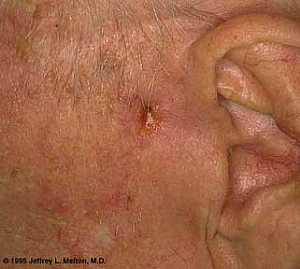 Basal Cell Carcinoma ("Rodent Ulcer" Type)
Basal Cell Carcinoma ("Rodent Ulcer" Type)
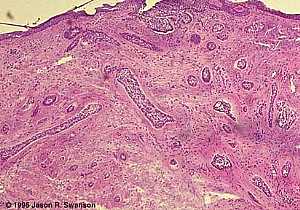 Basal Cell Carcinoma (Histology-Morpheaform Type)
Basal Cell Carcinoma (Histology-Morpheaform Type)
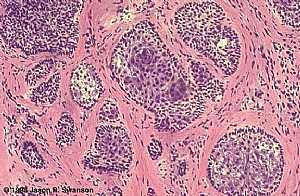 Basal Cell Carcinoma (Histology-Nodular Type - High power)
Basal Cell Carcinoma (Histology-Nodular Type - High power)
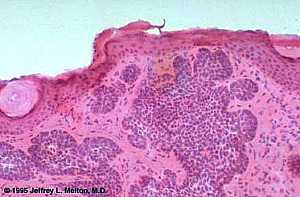 Basal Cell Carcinoma (Histology-Nodular Type- High power)
Basal Cell Carcinoma (Histology-Nodular Type- High power)
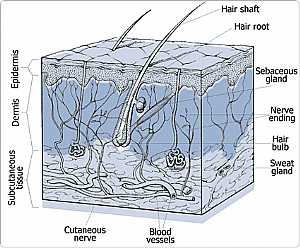 Skin
Skin
 Nervous System -- Basic
Nervous System -- Basic
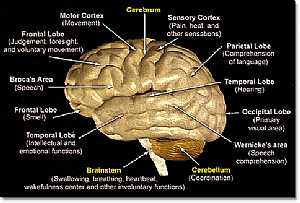 Brain anatomy
Brain anatomy
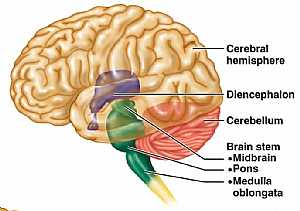 Brain anatomy
Brain anatomy
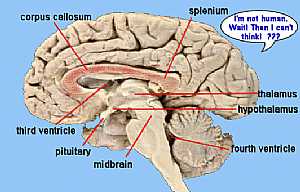 Brain anatomy
Brain anatomy
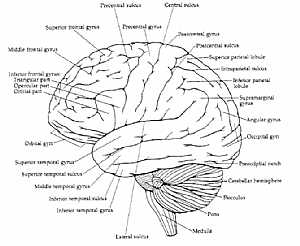 Brain anatomy
Brain anatomy
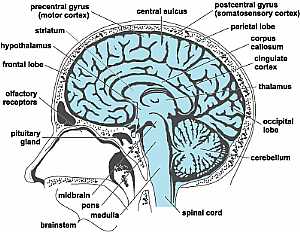 Head anatomy
Head anatomy
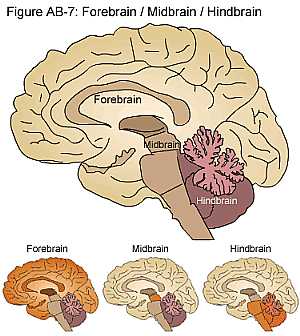 Brain anatomy
Brain anatomy
© Copyright 2001-2022 eDoctorOnline.com

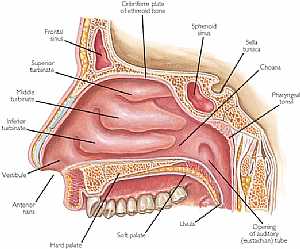 Nose anatomy
Nose anatomy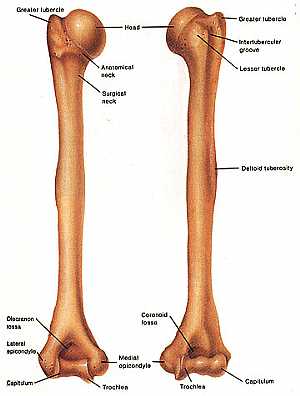 Humerus bone
Humerus bone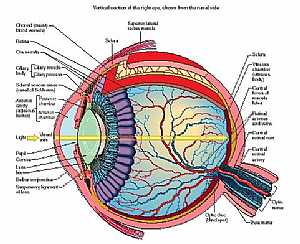 Eye anatomy
Eye anatomy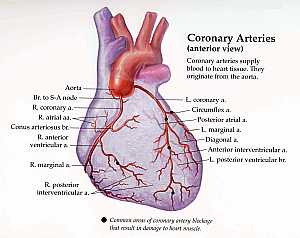 Coronary arteries anatomy
Coronary arteries anatomy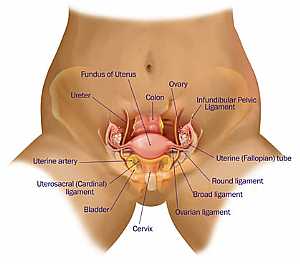 Female pelvic anatomy
Female pelvic anatomy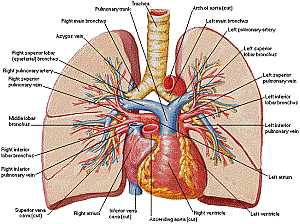 Heart and lung anatomy
Heart and lung anatomy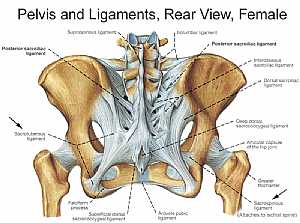 Bones and ligaments of the FEMALE Pelvis
Bones and ligaments of the FEMALE Pelvis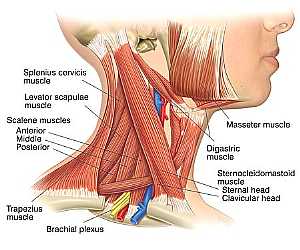 Neck Anatomy
Neck Anatomy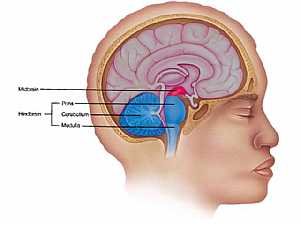 MidBrain anatomy
MidBrain anatomy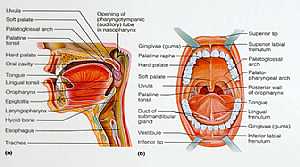 Oral Cavity
Oral Cavity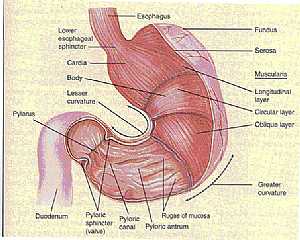 Stomach anatomy
Stomach anatomy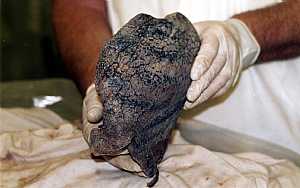 Lung anatomy
Lung anatomy Basal Cell Carcinoma ("Rodent Ulcer" Type)
Basal Cell Carcinoma ("Rodent Ulcer" Type) Basal Cell Carcinoma (Histology-Morpheaform Type)
Basal Cell Carcinoma (Histology-Morpheaform Type) Basal Cell Carcinoma (Histology-Nodular Type - High power)
Basal Cell Carcinoma (Histology-Nodular Type - High power) Basal Cell Carcinoma (Histology-Nodular Type- High power)
Basal Cell Carcinoma (Histology-Nodular Type- High power) Skin
Skin Nervous System -- Basic
Nervous System -- Basic Brain anatomy
Brain anatomy Brain anatomy
Brain anatomy Brain anatomy
Brain anatomy Brain anatomy
Brain anatomy Head anatomy
Head anatomy Brain anatomy
Brain anatomy
Be the first one to comment on this article!